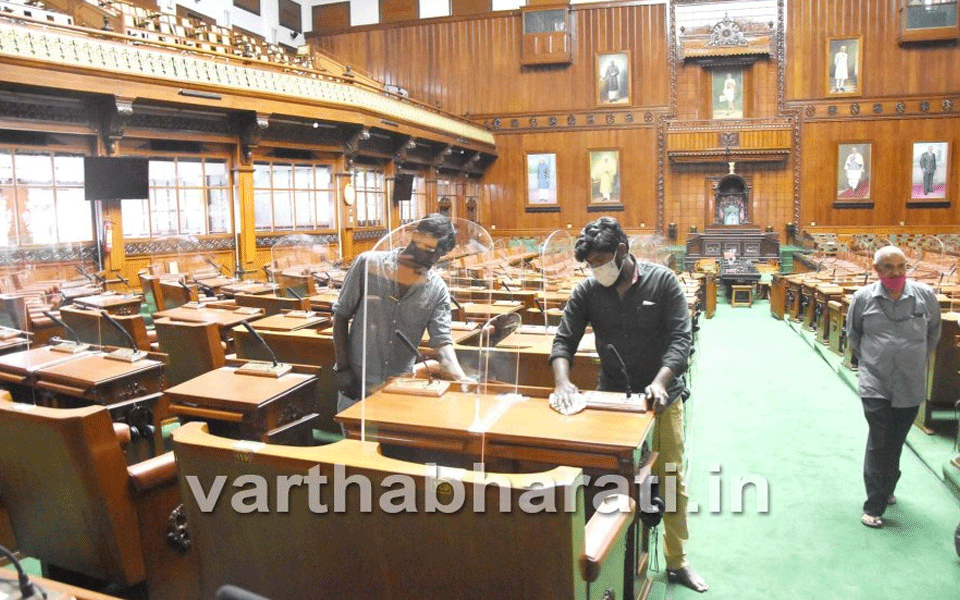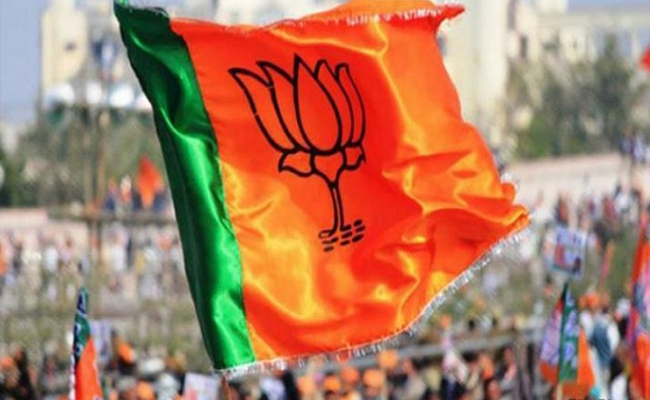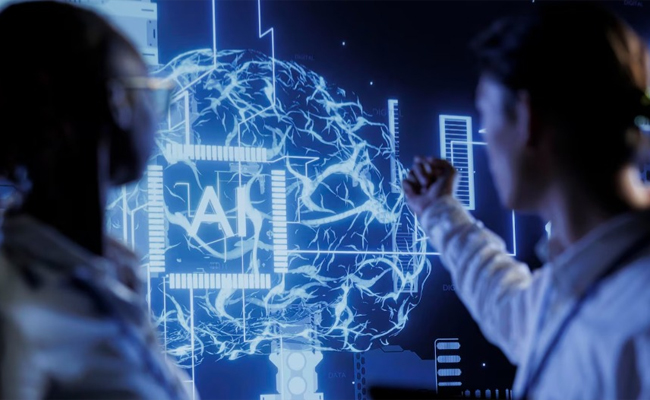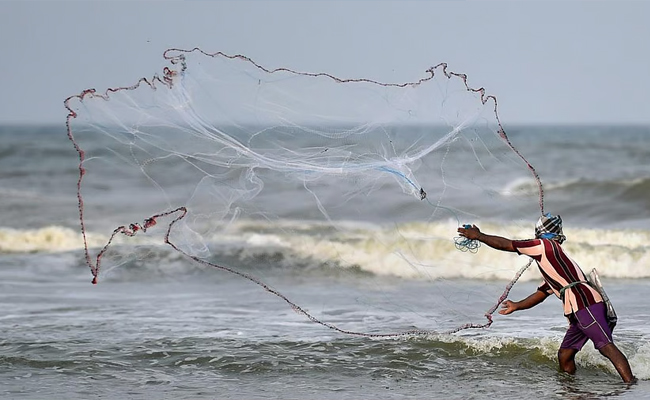Bengaluru(PTI): The joint session of the Karnataka Legislature that will begin from Monday is likely to be rocked by the ongoing Hijab row and related law and order situation in the state, allegations of kickbacks by contractors association and Mekedatu project implementation issue, among others.
The 10-day session that will go on till February 25, will begin with Karnataka Governor Thaawar Chand Gehlot addressing the joint sitting of members of both Legislative Assembly and the Council on the first day.
This will be Gehlot's first address to the joint session, after taking over as the Governor in July, last year.
Speaker Vishweshwar Hegde Kageri on Saturday said that after several years, the Governor will take the grand steps of the Vidhana Soudha to enter the legislative assembly chamber, the venue of the joint session.
The session is expected to be stormy as the principal opposition party, the Congress is likely to corner the government on several issues, including the hijab controversy, and the related law and order situation, with protests in this regard turning violent in some parts.
The Congress is also likely to raise the issue of 40 per cent kickback charges levelled by the Karnataka State Contractors Association against politicians, Ministers and bureaucrats.
The issue relating to Mekedatu project is also likely to come up in the wake of Congress' recent padayatra demanding for its implementation, by violating COVID curbs.
While the Congress is likely to target the government for delay in implementation of the project and getting clearances from the centre, the BJP, which has been accusing the grand old party of trying to politicise the issue is likely to counter it for going ahead with the padayatra in violation of COVID curbs, along with reports of several of its leaders and workers being infected by the virus during the march.
Issues relating to the government's handling of economy, getting funds from the centre, "unilateral" announcement of the river linking project in the union budget, COVID situation, among other issues are also likely to come up for discussion during the session.
Leader of the Opposition Siddaramaiah has convened a meeting of Congress legislature party on February 14, to discuss the strategy for the session.
The contentious anti-conversion bill that was passed by the Assembly during the winter session in Belagavi in December, is likely to be taken up in the Legislative Council during the session.
Though the bill was introduced in the Council during the winter session, the government did not push for it as it lacked numbers in the upper house. With the ruling BJP now having comfortable numbers, with the support of an independent, after the recent MLC polls from the local authorities constituencies, the bill is likely to be taken up during this session.
This is also the first session for senior Congress leader B K Hariprasad, after he was recently appointed by the party as its leader in the Karnataka Legislative Council.
JD(S) that has been banking on the issues relating to regional pride is likely to target the government on issues relating to the subjects such as alleged lack of funding to Kannada University, jobs for locals, also farmers and irrigation issue among others.
The session has also come at a time when Chief Minister Basavaraj Bommai is under intense pressure from BJP legislators to expand or rejig the cabinet at the earliest, with assembly election slated in 2023.
According to the Assembly secretariat it has received 2,062 questions, 81 calling attention notices and 31 notices under Rule 351, from legislators.
Speaker Kageri has said his office has received two bills - Karnataka Stamps (Amendment) Bill and Criminal Law (Amendment) Bill- so far for the session.
He also said he will consider allotting two days for a discussion on electoral reforms in the upcoming session.
Let the Truth be known. If you read VB and like VB, please be a VB Supporter and Help us deliver the Truth to one and all.
Kozhikode (PTI): Violence erupted overnight at various places across Kerala, particularly in northern districts, following the announcement of local body election results, police said.
In Eramala in Kozhikode district, tension prevailed throughout the night after the Indira Gandhi Bhavan, a Congress office, was allegedly attacked by CPI(M) workers.
According to an FIR registered at Edachery police station, around 200 people marched towards the Congress office carrying dangerous weapons and vandalised the building, causing damage estimated at around Rs five lakh.
A statue of late prime minister Indira Gandhi was also damaged in the attack, police said. Soon after, UDF activists gathered at the spot, further aggravating the situation.
However, with the deployment of additional police personnel, the situation was brought under control, an officer said.
Police said another violent incident was reported at Marad, where stones were allegedly pelted at a UDF victory procession, leaving several persons injured.
In Sultan Bathery in Wayanad district, police registered a case after a car carrying a UDF activist and his family members was allegedly attacked by around 40 CPI(M) workers, an official said.
Sultan Bathery police also booked UDF activists in a separate incident for allegedly attacking a CPI(M) worker who objected to the bursting of crackers near his house, the officer said.
In Panoor in Kannur district, houses of several Muslim League activists were allegedly attacked by CPI(M) workers. Vehicles parked at the houses were also damaged.
According to Panoor police, the violence broke out after a UDF victory rally was allegedly stopped by CPI(M) workers armed with swords and daggers. Some UDF leaders sustained injuries in the clash.
Clashes were also reported between UDF and LDF workers at Ulikkal in Kannur district, though police intervention brought the situation under control later in the night, an officer in the Ulikkal police station said.
In Bedakom in Kasaragod district, an LDF victory march turned violent after CPI(M) activists allegedly intercepted UDF workers passing through the area. Some policemen who intervened suffered minor injuries, an officer said.
Similar violence was reported from Neyyattinkara in Thiruvananthapuram district following clashes between CPI(M) and BJP workers. Police said workers from both sides sustained minor injuries and were admitted to hospitals. Cases will be registered after formal complaints are received, police said.





